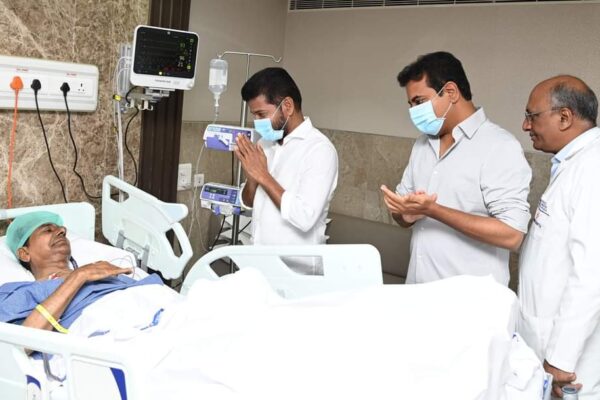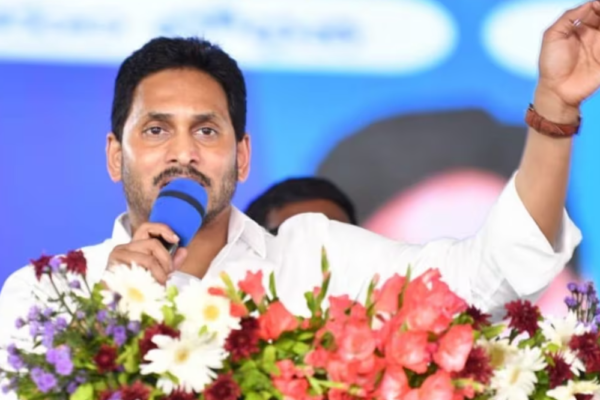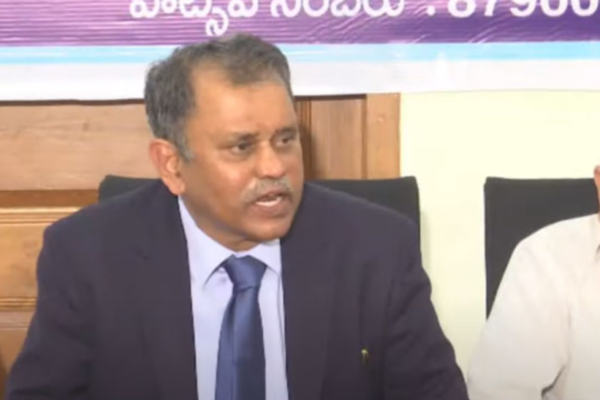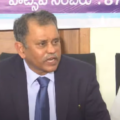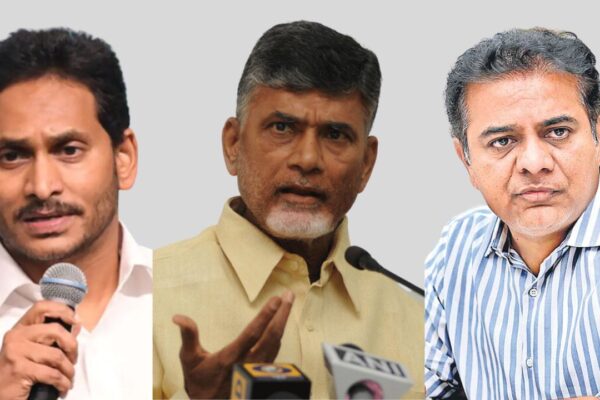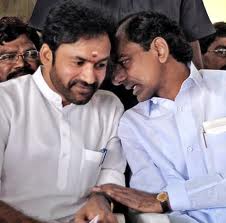
By Ramesh Kandula
Is communal politics more dangerous than regional politics? Is the difference one of degree rather than of kind? That is the question that comes to my mind when left liberals throw their weight behind TRS Party’s Ibrahim rather than BJP’s Yennam Srinivas Reddy in the ongoing Mahabubnagar by-poll.
A few self-styled intellectuals, writers and social activists have come out to back the TRS candidate in Mahabubnagar. They questioned the ‘equiv-distant’ stand taken by the Telangana JAC led by Prof Kodandaram and demanded its unconditional support to the TRS candidate.
Prof Kodandaram had said that since both the parties stood by the separate state slogan, the JAC was remaining neutral in Mahabubnagar.
The argument proffered by the die-hard Telangana champions who include former professor of OU Rama Melkote and Gogu Shymala of Telangana Writers Association is that the TRS candidate is a minority. Besides, the BJP has been provoking a divide in Telangana between the Hindus and Muslims by its talk of Jihad and other divisive and anti-minority speeches in the campaign.
Slogans such as “Voting for Ibrahim is tantamount to bringing back the Razakar rule once agian” during the campaign by the BJP would vitiate the communal atmosphere as well as create suspicion in the minds of Muslims over Telagnana state, argued the ‘TRS-is-Telangana’ proponents.
BJP’s ideology is rooted in the belief that the Hindus, the sons of the soil, have been discriminated, exploited and oppressed by the marauding Muslim armies who established their empires in India and established their suzerainty for over a thousand years, destroying its civilization in the process and impeding the nation’s glorious march.
The saffron party could grow to be a national party today by – according to an overwhelming opinion – sowing the seeds of suspicion against the Muslims, caricaturing the community as unpatriotic, using their separate identity as the very basis of division in the country and successfully mobilizing a significant section of people among the Hindus against some real, and many perceived, constructed and created animosities.
Now, how should one see the difference between the TRS and the BJP?
If there is any semblance of ideology for the TRS, it could be crudely summed up as achieving a separate state of Telangana as opposed to Andhra with the understanding that such a physical demarcation will be the be-all and end-all of all known and unknown problems plaguing the region.
In pursuit of this goal, nothing is sacrosanct, and every stand can be compromised and every rule can be bent for realization of this noble cause.
The party actively propagates the theory that Andhra Telugus are born enemies of Telangana people. Just as BJP speaks about the historical, religious and ideological differences between the two communities which are projected as irreconcilable, the Telangana and Andhra cultures, languages, customs, attitudes and politics are, in their construct, sworn opposites.
The TRS, like the BJP, proactively highlights every single difference, real or perceived, between the two peoples. It rewrites history, misrepresents the present, distorts the reality and constantly creates tension between the two communities – in this case, regions – with a clear and targeted aim of polarizing the people on the lines that they have drawn with an intent to drive a permanent wedge.
The party continually invokes the historical wrongs, exaggerates the current inequities, magnifies the existing prejudices to further stretch the faultlines with just one idea – to bring about an irrevocable divide among the people of the regions.
If historical wrongs and perceived injustice in the present could be a potent weapon for the BJP, using as it were the religious card, the same holds true for the TRS, playing with the regional sentiment at its most divisive edge.
How come people can be categorized and divided on regional lines, but not on communal lines? If religious fundamentalism is wrong, why regional fanaticism is a virtue?
Why one form of ‘adverse’ identity politics is unquestionably considered as a progressive movement that needs to be supported by all left, left-leaning and even the rightists, when the BJP’s Hindutva – another form of detrimental identity politics – is seen an anathemabyo the so-called secular, democratic and progressive forces?
How come pitting one regional identity against another is politics of advancement, but pitting one community with another is abhorrent?
I am not concluding that one of them is correct. I am saying both the premises are retrograde.

